I accepted the day 29 prompt in NaPoWriMo.net because the Day 30 prompts from that site and from Found Poetry Review were not a good fit. I am pleased to have participated in this month-long writing challenge but, at the same time, feel relieved it’s over. And apologetic that I was a day late once in a while.
Here’s the prompt: “write a poem based on things you remember. Try to focus on specific details… You could start… every line with “I remember,” and then you could either cut out all the instances of “I remember,” or leave them all in, or leave just a few in….”
What has emerged is a more personal poem than my other offerings this month. Perhaps that’s fitting for the last in this series, perhaps not. I’ll let the poem be for a while, then may revisit “Generation, from memory.”
Thanks to Found Poetry Review and NaPoWriMo.net for kick-starting every day in April with great ideas.
Generation, from memory
In May, the jubilant pronouncement: “I’m pregnant!”
Your mother’s words turned an ordinary day into a celebration,
then draped me in a shawl of worry: Would she be alright? Would you?
In June, she popped pills to stem the nausea, then slept day-long.
My gentle words that this would pass so inadequate,
I offered mint-leaf tea, dry toast, warm blankets and hugs.
In July, a visit to the midwife, tattooed and pierced, tightened
the worry around my shoulders. I asked myself could I trust
her judgment, her experience? Could I trust her with my daughter?
The rapid thrum/thrum/thrum/thrum of your heartbeat filled the room
when you were smaller than a lime, still on the tree. At that moment
I understood the passion, the argument about when life begins.
In November, my hand on your mother’s stomach—smooth,
without stretch marks, swollen to watermelon size— I felt
you kick at me as though you were dancing the can-can.
In January, on walking home with your mother from the spa,
sudden cramps stopped us every ten minutes, then every five,
then every fifteen as she breathed through your false start.
I packed that evening, took the long ride home, even though
I wanted so badly to stay, to wait with her it hurt in my gut.
I gathered the shawl to me but felt its cold through the car window.
Then a text message: your mother and father were at the hospital,
your mother resting well with a local anesthetic.
I sat in the living room, sipped wine, held your grandpa’s hand.
Waiting, worrying, waiting, worrying, waiting, worrying,
waiting, worrying, waiting, worrying, waiting, worrying.
In the silence, the shawl constricted like a straitjacket.
The phone rang, delivering your mother’s voice.
She sounded like a child herself.
“He’s here! It’s a boy. I’m looking at him.”
I tasted tears as I put down the receiver. I cast off the shawl,
left early the next morning to greet you before you were a day old.
Coming into the hospital room alone that first time to hold you,
light as a feather, I studied your eyelashes and tiny fingernails, traced
the line of your soft cheek with my arthritic hand. I both believed
and couldn’t believe the wonder you are, of my flesh, my blood.
I began singing “Hush little baby, don’t say a word…”
for the first time in almost thirty years
and remembered all the words.

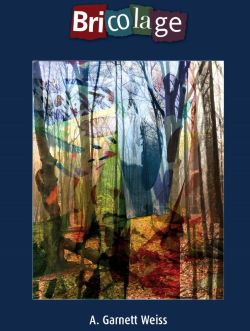
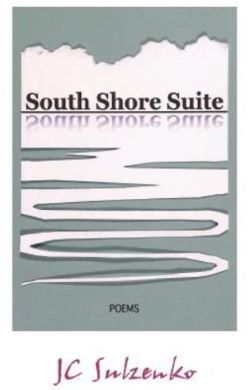

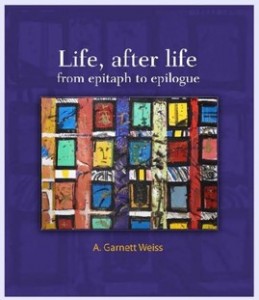

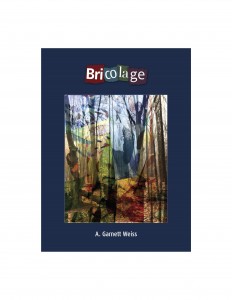
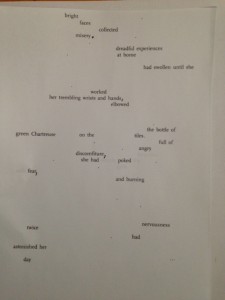

A. Garnett Weiss
The news feed for A. Garnett Weiss is mirrored at agarnettweiss.com.
Share this: